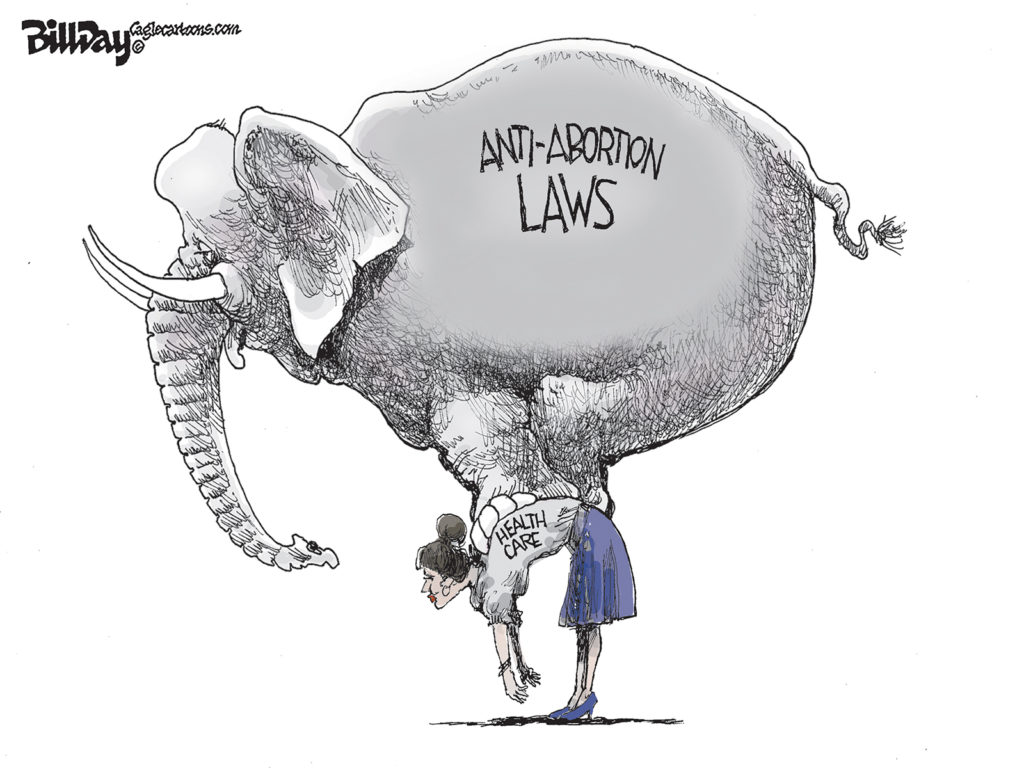With the national unemployment rate at 8.9 percent (U.S. Department of Labor, March 4, 2011) and the rates in our region hovering from 8 percent to more than 10 percent (Tennessee 9.4%, Arkansas 7.9%, Mississippi 10.2%), talking about job training and talent development may seem out of place to some. However, I believe now is not just the time to talk, but the time to take action as well.
If all that is happening in the area of talent development is any indication, I am not alone in that thinking. One only needs to look at the quality of thinking and planning, investment in infrastructure and the execution of programs at all levels to get an idea of how serious this community is taking its preparations for the future of employment.
Last month, the Memphis Bioworks Foundation’s new conference and training center at UT-Baptist Research Park was proud to host the Memphis Opportunity Challenge Gathering. The three-day event was staged by the nonprofit CEOs for Cities and Mayor A C Wharton’s Office of Talent & Human Capital, bringing together influential people from the local business and civic communities to brainstorm about improving Memphis. A primary objective was to come up with creative ways to help people put their talents to work.
As we slowly emerge from the “Great Recession” the communities that do the best jobs of creating new jobs will have a big lead in the race toward renewed prosperity. Obviously Mayor Wharton knows this, as evidence by his creation of an office of talent and human capital. It is obvious that everyone attending Opportunity Challenge over the three days agrees.
Success in the new economy is as much about preparing, training and developing those who will hold the new jobs, as it is about creating the jobs themselves. That is what the current issue of Bioworks Magazine that was mailed as a part of MBQ last week is all about. That publication gives a great snapshot of the variety of programs and initiatives underway to develop our talent for the future of bioscience.
At Memphis Bioworks, our participation takes the form of investment in facilities, like the new Conference and Training Center; investment in education through various grants and partnerships; and as investments in the entrepreneurial community. It takes programs aimed at each of these three areas to create the job preparation environment that will be necessary moving forward.
While jobs in the biosciences stretch across many levels, from PhD scientists, to those who work in the labs day in and day out, one consistent is the need for development based in science, technology, engineering and math. Known as STEM programs, we need a dedicated focus to create an ongoing talent pool to fill the jobs we will be creating. At Memphis Bioworks, we co-founded the Memphis Academy of Science and Engineering charter school. But it will take more. There are more than 100,000 students in Memphis City Schools, more in private schools and in the county. STEM programs must grow within our public schools and within the private sector. In the Memphis Bioworks Magazine, there is a story of Navy Captain Douglas A. McGowen and his activities at Naval Support Activity Center in Millington. He has the right idea – work together, link the needs to the solutions, and operate as a united community to create the talent pool for the future, a pool ready for the 21st Century jobs in the biosciences.
They are coming, and we must be ready.

